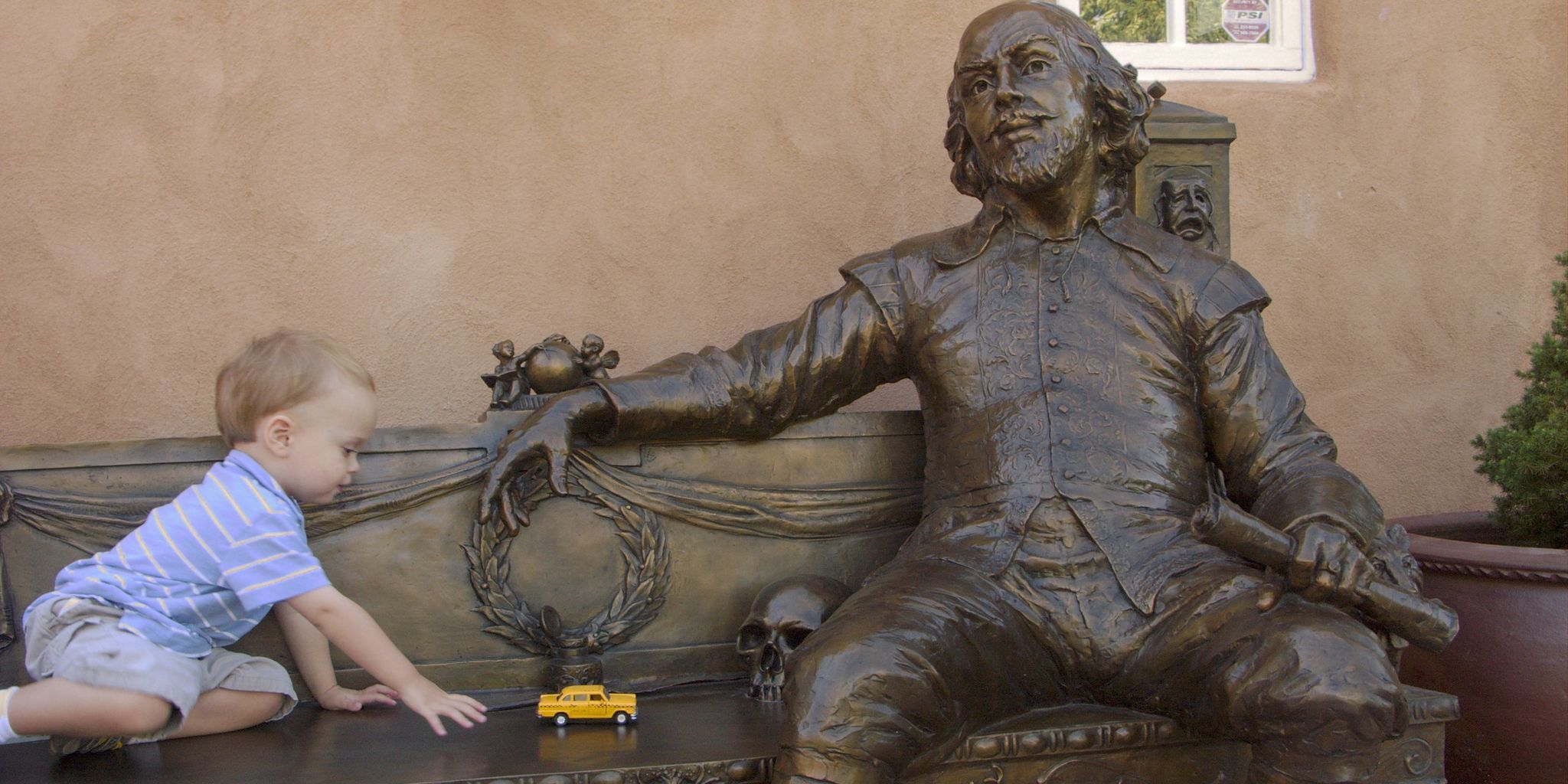What having kids has taught me about productivity
Here are six productivity lessons I’ve learned from having kids:
1. Being time poor makes you focus rich
There was a time when I could spend all day on something. Having kids changed all that. Even days off from work are punctuated with meals, school runs, breaking up fights and discussing with my four year old where aliens come from.
I no longer have all day. But because of that, I’ve found I no longer need all day.
Working in 20—40 minute windows during nap times taught me the art of knuckling down. No distractions, no diversions, no cups of tea or scanning emails or doing the washing up first. The clock is ticking, get on with it.
Having less time made me more decisive. When I was given 40 days to write my book, around my children, clients and existing commitments, I didn’t have six months to decide what to write, so I had to decide, commit and run with it.
It’s amazing how much focus you have when you have less time to “faff”, and how much more you get done as a result.
2. Perfectionism is overrated (and makes you miserable)
Being a perfectionist and a parent is hell.
Doing the right thing is no guarantee of getting the “right” results — and having kids makes this abundantly clear. You can do everything “right” and still end up clueless as to why your baby is still crying or your 5-year-old won’t eat.
My motto now is to be a “good enough” parent, most of the time, with intermittent lapses into hopelessness and brilliance.
Embracing this has helped me to “ship” my work faster (à la Seth Godin) rather than spend ages procrastinating and perfecting, accepting that there will be highs and lows, successes and failures, brilliance and hopelessness in everything I do.
3. Thinking time is the most precious resource
I have a new-found appreciation for the times when I have my brain to myself. I never knew how much I took this for granted until every minute of every waking hour (and a few half asleep ones too) was suddenly invaded. By a precious, gorgeous bundle of joy, yes, but invaded nonetheless.
We simply cannot do good thinking when we’re being distracted. Try writing a Christmas card while a small child asks repeatedly “Is it Christmas yet?” and you might find yourself signing off “with love from Charlie, Sue and Christmas”
Now try writing that report, planning next year’s strategy or building that website while being distracted by emails, phone calls, Twitter, Facebook and the folks having a really loud conversation two desks down from you.
Taking time out to think helps me to plan ahead, top up my sanity, keep on top of the school plays, spelling tests, “where’s my swimming kit?” and the general unpredictability of having kids.
Equally, making space for thinking time in my work makes it infinitely more possible for me to do my best work, handle curve balls and even have fun doing it.
4. Saying “No” gets easier with practice and creativity
Saying no is like exercising a muscle. The more you do it, the easier it gets. When you find yourself saying “no” to running around naked, “no, you can’t have chocolate for breakfast” and “no it’s not Christmas yet” all before 8am, you get a lot of regular practice at saying no.
You also find creative ways to say no.
If you tell a child not to run, the negative is harder to process, so “Don’t run!” becomes “Run!” Instead, when you say “Walk please!” their focus is pointed towards walking rather than running.
Telling someone what they can do or have, can be much more compelling than telling them what they can’t.
In other words, say yes on your own terms:
“Yes, you can have chocolate after your dinner.”
“Yes, I’d love to help. I’ve got half an hour at 2pm. Shall we grab a coffee and talk then?”
“I can give you the quick and dirty version today or the polished final product wrapped up by Friday next week. Which would you prefer?”
“The best person to talk to is Bob, do you need his number?”
“The earliest availability I have is the 6th of January. Would you like me to book you in then?”
“What I can do at this stage is… or you could try…”
5. Margin is your best friend
Margin is the space between our load and our limits. It gives us flexibility to deal with work that overspills, technical glitches and emergency firefighting.
Margin is like air. You don’t miss it until it’s not there. When there’s less time available, it’s tempting to try and cram as much in as possible. But then it doesn’t take much — a phone call, a spilt drink, a missing shoe, a train delay or an explosive diaper — for everything to spiral out of control.
And it’s not just a survival tactic. It also gives us space to explore opportunities we could never have planned for, to be captivated by a perfect sunset or a child’s first step, or spontaneous when we wake up to snow. Margin makes life richer.
6. Measure your work by impact, not hours
A client once asked me, “how can I compete in business with other people who have more time?”
The answer is, in the same way that niche brands can take on the big boys. By being distinctive, selective and ruthless. Play on your strengths and leverage what you do well. Be incredibly focused on what has the most impact and creates the most value. Don’t be all things to all people.
If I measure the work I do by the hours I put in, it may not look like much. But if I look at what I actually get done in that time, and crucially, the impact of my actions rather than the amount of activity, I recognize my successes much more accurately.
My mind gets calibrated to what works well, rather than what keeps me busy, and I measure my productivity by what creates value, rather than what fills time.
What about you? What impact are you creating with your work? Where can you be more focus rich? When can you practice saying no? How could you give yourself more thinking time? What if you embraced margin and ditched perfectionism? How would that affect your productivity?
Photo: Flickr / georgeogoodman CC BY-NC-ND 2.0

